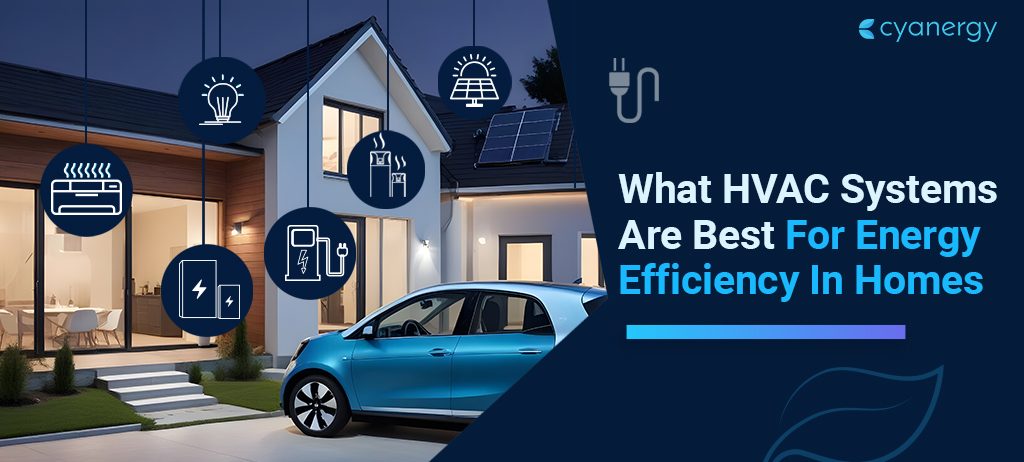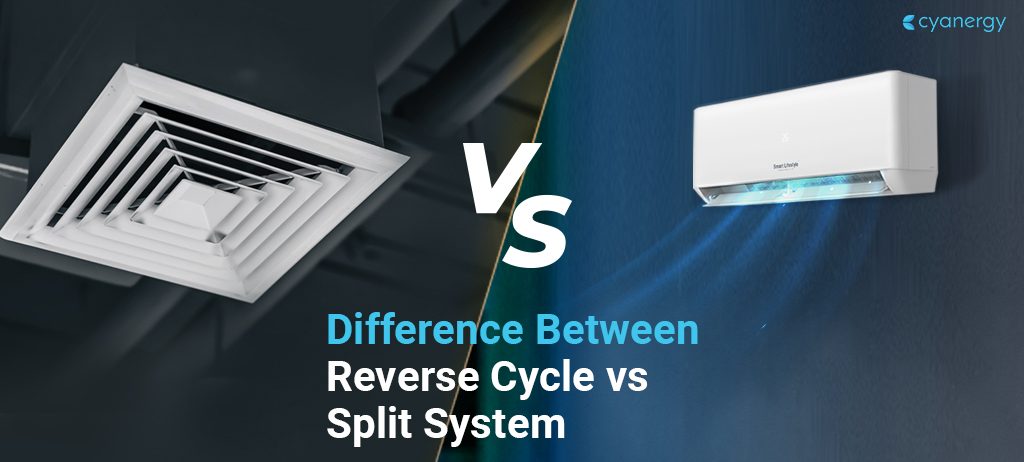In recent years, the global shift towards sustainable commercial solar power & energy solutions has become increasingly prevalent, with businesses across Australia recognizing the numerous advantages of transitioning to commercial solar power.
As the cost of solar technology continues to decrease and environmental consciousness rises, the benefits of solar installation for businesses has never been greater.
In this article, we will explore the advantages of commercial solar power and why it presents a compelling opportunity for businesses in Australia.
But first,
Understanding Commercial Solar Power is Necessary
Solar photovoltaic (PV) technology is an efficient way for homes and businesses to harness solar energy. It entails installing solar panels, which convert solar energy into electricity. Solar PV systems have been increasingly popular in recent years, making them a more cost-effective and beneficial option for businesses looking to reduce energy expenses while also helping to clean up the environment.
Commercial solar systems are often larger and can generate more energy than residential ones. For example, a typical house solar power system in 2024 will be around 6.6 kW, with approximately 18 cells. On the other hand, company solar systems can be classified into three types.
Types of Commercial Solar Power
- Less than 30 kW (up to approximately 100 panels).
- Above 39 kW and under 60 kW
- Larger systems over 60 kW
Because commercial solar power is larger, they can accommodate more panels, allowing them to produce more energy. This is especially beneficial for businesses who require a lot of energy or have plenty of space on their rooftops to install solar panels.
Commercial solar power has higher installation costs and engineering requirements than residential solar power. This is mostly due to the grid connection process and the requirement for grid protection units when a system has more than 30 kW of linked inverter capacity.
Recent progress in solar PV technology has led to significant improvements in the effectiveness of commercial solar cells. Australian commercial solar companies, for instance, have developed some of the most effective commercial solar cells globally, with an efficiency rating of around 14 to 16 percent just a decade ago. This increased efficiency enables businesses to produce even more energy from their commercial solar systems.
To sum up, comprehending commercial solar involves acquainting oneself with solar PV technology and the distinctions between residential and commercial solar systems.
By taking into account the size, energy generation capacity, and enhancements in solar cell efficiency, businesses can better prepare themselves to make well-informed decisions about integrating solar energy as part of their sustainability and cost-cutting strategies.
Commercial solar power offers several benefits to businesses, such as significant cost savings, increased environmental sustainability, and the potential for increased property value.
It is crucial to choose the right equipment and collaborate with a trustworthy solar installer to guarantee the system’s durability and consistent performance over time.
The Benefits of Solar Installation in Business
Cost Savings:
One of the most important benefits of commercial solar power is the potential for significant cost savings. Businesses that generate their own electricity using solar panels can dramatically reduce their dependency on regular grid power, resulting in cheaper energy bills and long-term financial benefits.
Furthermore, with numerous government incentives and rebates available for commercial solar installations, the initial expenditure can be offset, making it a financially viable option for businesses of all sizes.
Environmental Sustainability:
Businesses that use commercial solar power can demonstrate their commitment to environmental sustainability and corporate social responsibility. Commercial businesses that use clean, renewable energy from the sun can drastically lower their carbon impact and contribute to a greener future.
This not only coincides with the growing consumer preference for eco-friendly enterprises but also helps businesses achieve legal obligations and sustainability standards.
Energy Independence and Stability:
Relying on traditional grid electricity exposes firms to fluctuating energy prices and supply outages. Commercial solar power provides businesses with a dependable and consistent source of electricity, allowing them to achieve some level of energy independence.
This independence can be especially useful at times of high demand or grid failures, ensuring continuous operations and limiting the impact of energy price fluctuations.
Enhanced Brand Reputation:
Investing in commercial solar electricity can help improve a company’s brand reputation and image. A dedication to sustainable practices and environmental stewardship can resonate with consumers, employees, and stakeholders, establishing the company as a forward-thinking and responsible player in its industry.
This positive brand image can boost consumer loyalty, staff happiness, and provide a competitive advantage in the marketplace.
Long-Term Investment and ROI:
While the initial cost of commercial solar installation may appear high, it is critical to consider the long-term return on investment (ROI).
Solar panels are long-lasting and require little maintenance, with a normal lifespan of 25 years or more. This long-term investment can result in significant energy cost reductions over time, eventually leading to a positive ROI and enhanced profitability for the company.
Adaptability and Scalability:
Commercial solar power systems are highly adjustable and expandable, making them ideal for businesses of all sizes and industries. Solar panels, whether positioned on rooftops, ground-mounted on premises, or integrated into building facades, can be customised to fulfil individual energy and spatial requirements. Furthermore, when enterprises grow or expand, new solar capacity can be effortlessly integrated to meet rising energy demands.
Investment and Financing Options
Government Incentives
The Australian government provides financial incentives for firms investing in commercial solar systems. The two main schemes are Small-scale Technology Certificates (STCs) and Large-scale Generation Certificates (LGCs).
STCs offer an upfront rebate on small-scale solar systems (up to 100kW), lowering the initial investment necessary for installation.
LGCs, on the other hand, are established annually based on the actual amount of renewable energy generated by large-scale solar systems (greater than 100kW) and can be sold to electricity retailers, giving investors with a consistent revenue stream.
Loans and Leasing
Commercial solar systems can also be financed through loans or leasing agreements. There are many energy efficiency and renewable energy specialists who can connect you with financial loan providers, with competitive interest rates and flexible repayment options.
These loans enable businesses to invest in solar systems without the requirement for significant upfront capital. And these financial options are dedicated to making the whole commercial solar installation process easier.
Leasing, on the other hand, allows enterprises to use solar energy without owning the equipment. A leasing company owns and installs the solar equipment, while the business pays a set monthly fee to use it.
Depending on the leasing terms, the system can be purchased at the conclusion of the lease or updated to a newer system, giving you flexibility and continuing access to the newest technology.
Commercial Solar in Australia.
The solar industry in Australia is a substantial contributor to the country’s renewable energy sector. The commercial solar sector has grown significantly in recent years to meet the Australian government’s legislated renewable energy target. Various states across the country have created their own plans and regulations to encourage the development of commercial solar projects.
In conclusion, the benefits of commercial solar power for businesses in Australia are multifaceted and compelling. From cost savings and environmental sustainability to enhanced brand image and long-term investment potential, transitioning to solar power presents a strategic opportunity for businesses to thrive in a rapidly evolving energy landscape.
As the momentum towards renewable energy continues to accelerate, embracing commercial solar power is not only a sound business decision but also a proactive step towards a more sustainable future.
By harnessing the power of the sun, businesses can unlock a myriad of advantages that extend beyond the bottom line, positioning themselves as leaders in sustainability and innovation within the Australian business community.
As businesses navigate the complexities of today’s economic and environmental challenges, commercial solar power stands out as a tangible solution that delivers tangible benefits for both the present and the future.







